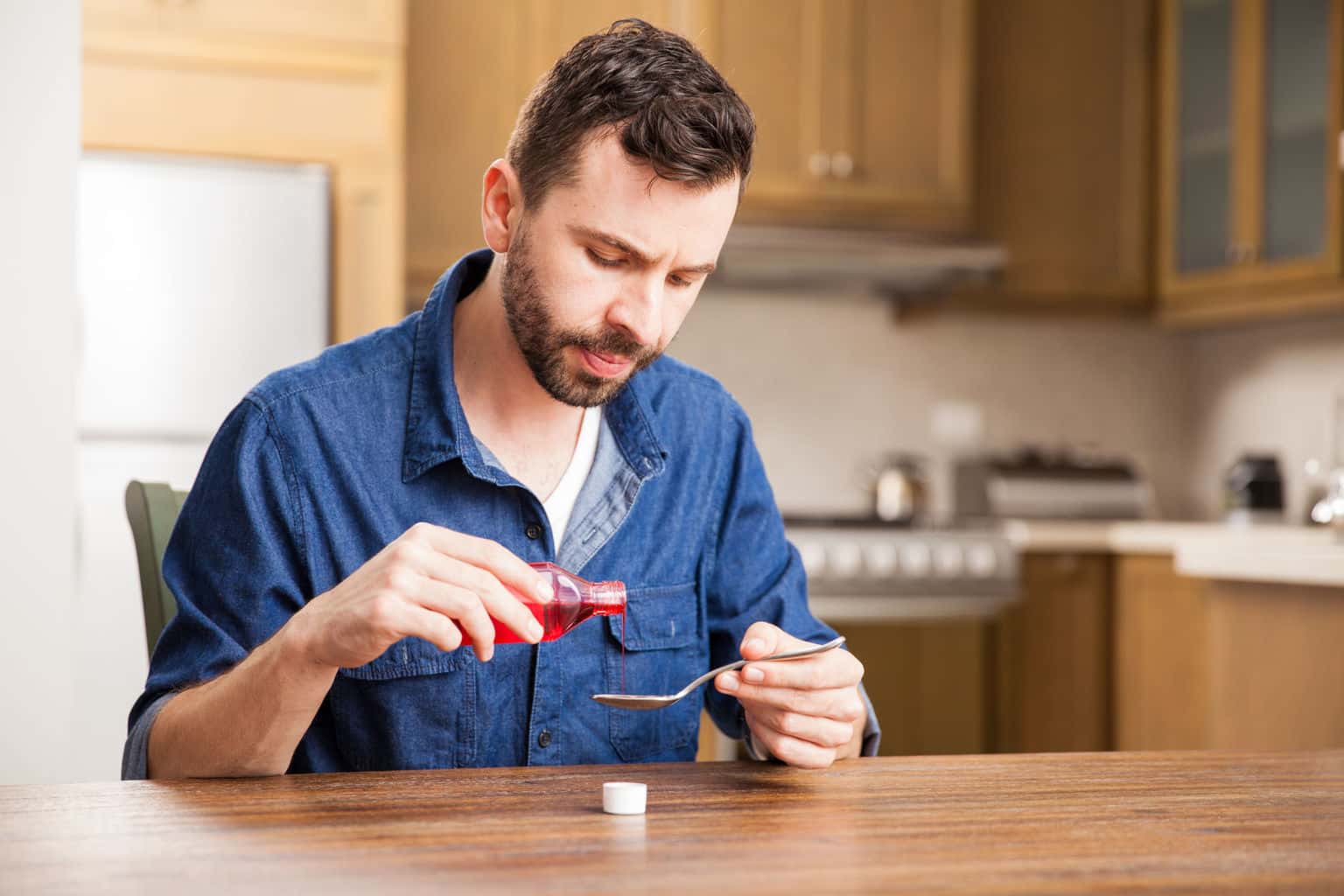
[cmamad id=”6251″ align=”center” tabid=”display-desktop” mobid=”display-desktop” stg=””]
Almost every day, I get several emails from men who are suffering depression and anxiety.
And these men are taking various medications.
Most of the men are taking the so-called SSRIs.
Supposedly they work by increasing serotonin in the brain, although I’ve told you why I don’t think that’s really how they work.
In fact, scientists aren’t even sure that’s how they work.
These are drugs including things like Wellbutrin and Prozac.
The problem with these SSRI drugs is that they suppress all feeling.
And they suppress every feeling, including romantic feelings, love, and desire.
They lower sexual libido.
And these drugs also delay ejaculation and make sensitivity worse.
They increase desensitization.
In fact, they increase desensitization so much that doctors prescribe them for men with premature ejaculation.
SSRIs postpone ejaculation and lower sensitivity so the men can enjoy better performance.
But all of the SSRIs have sexual side effects.
[cmamad id=”6252″ align=”center” tabid=”display-desktop” mobid=”display-desktop” stg=””]
That’s why I’m always on the lookout for new approaches to depression.
Here is a well-known psychiatrist who proposes a common cough medicine for the job.
It is a potentially rapid-acting antidepressant that probably has way fewer side effects than SSRIs.
 The researcher explains that there have been no studies done on dextromethorphan for depression.
The researcher explains that there have been no studies done on dextromethorphan for depression.
However, he lays out a very strong pharmacological reason why dextromethorphan may be a valid remedy.
He shows that it may function in a fashion similar to some other antidepressants such as ketamine.
He expects:
clinically significant antidepressant effects in patients with bipolar and unipolar depressive disorders;
(2) clinically significant antidepressant effects in patients with treatment-resistant depression;
(3) a rapid-onset of antidepressant response within days of initial administration.
Remember he has no actual evidence for this spelled out in the paper.
It’s pretty theoretical, but in my mind it’s worth researching.
Dextromethorphan is the active ingredient in virtually all cough medicines.
And if you have a doctor who is willing to prescribe it for depression, it may be worth a try.
It’s also an easy drug to get even over-the-counter in the United States.
The problem with dextromethorphan is that it is a very cheap unpatentable over-the-counter drug.
There’s no money in it.
So I doubt whether the drug companies are interested in it because it is available so cheaply just about everywhere.
If you talk to your doctor about dextromethorphan, he would be prescribing it as “off label.”
This is perfectly legal if it’s valid in his medical judgment.
Another drug that is similar to dextromethorphan is memantine.
It’s a prescription drug, and there’s a lot of exciting research going on about it for anxiety and depression.
Memantine, known as Namenda, is another possible drug that could be used for depression.
It’s already on the market for Alzheimer’s treatment and some other problems.
Memantine also has:
preclinical and clinical antidepressant properties including rapid-onset antidepressant properties in patients with major depression.
And the author says that memantine and dextromethorphan work very similarly.
So here are two possibilities for treating major depression that you may want to share with your doctor or psychiatrist.
One of them is a simple over-the-counter cough medicine.
The other is a prescription-only drug for treating Alzheimer’s.
Both have good long track records and a history of safety.
Both may be useful for many other ailments including depression and anxiety.


Leave a Reply